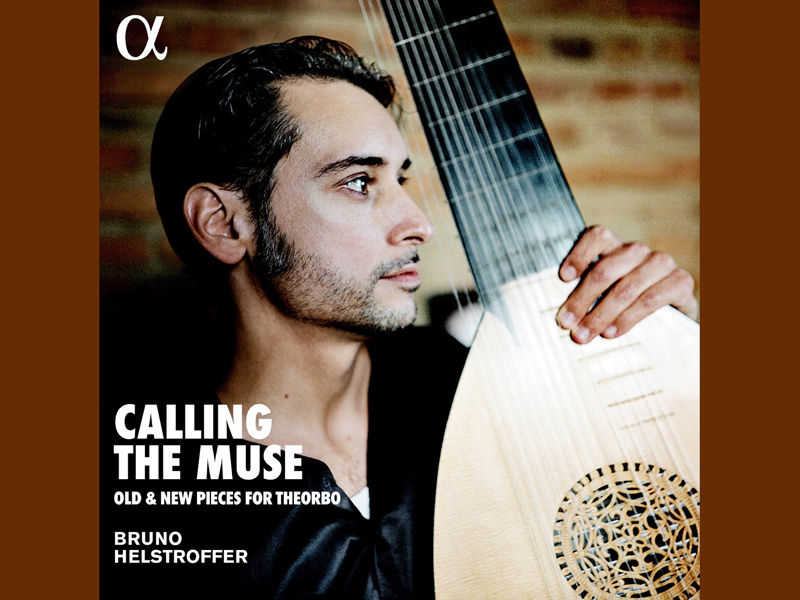Jane Curry and Owen Moriarty : Music from New Zealand for two Guitars : CD
- chrisdumigan
- May 9, 2023
- 3 min read

JOHN PSATHAS: Muisca: TRADITIONAL (Arr. Marek Pasieczny): Pokarekare Ana: JACK BODY: African Strings: ANTHONY RITCHIE Op51a: Pas De Deux Op51a:
John Curry and Owen Moriarty
Naxos: 8.579041
This album is immediately interesting , simply because I have never before come across any guitar music from New Zealand , nor had I heard of any of the composers here being played ( apart from Traditional of course !!)
John Psathas’ three movement Muisca begins with Soledad, which has an individual sound immediately, not really sounding like other composers’ works, being melodic but in an unusual harmony world that is not so modern it becomes atonal. It has moments of a Latin feel which is understandable when you realise that the title refers to the Chibcha – speaking people from Colombia. Chia the second movement is again melodically modern, but also touching in some of its harmonic moments. The final El Dorado is also very Latin –based with much melodic movement and rhythms that are frequently off beat .However this opening set of three pieces was very good, interesting, and kept one’s attention throughout. It also shows just how good these two plays are, as some of this music is most definitely not an easy option!
Pōkarekare Ana is a traditional New Zealand love song, composed about the time of the First World War, and means the Waves are Breaking. It is very lyrical and altogether a lovely song, with a number of unexpected harmonies that really add to the work. There are a couple of moments of unusual dissonance but that only adds to the character of this lovely work.
Jack Body’s three movement African Strings uses the style of music from Madagascar normally played on the valiha tube zither and West African kora harp. As a result this music is again very individual, and has completely its own sound, where everything in the first movement (Ramandriana) simply races along in a most unexpected way. The second movement, Chedo, has a percussive rhythm underneath another melody that hurtles along at top speed, whilst yet being at a basically slower speed .Plenty of cross rhythms occur between the two players, which is fascinating, musically speaking. The final movement, Samy Fali has a repetitive little group of notes that, for a while, goes round and round on one guitar whilst the other one plays over it. This suite is a little over 16 minutes and is quite a unique work from the outset. Anthony Ritchie’s Pas De Deux Op51a, is in five movements beginning with a Prelude that starts with a very modern/unusual set of harmonies before really taking off at great speed. The following Au Revoir is by contrast, very sad and forlorn with some pleasantly- unusual momentary harmonies. The speed then picks up as a rocking accompaniment rhythm is topped by a more flowing melody, whilst still remaining sad and unhappy in its sound world. The third movement Jeux is humorous and bounces around happily in direct contrast to the previous movement. Waltz Triste is exactly what the title suggests, a fastish waltz, with a very sad melody and harmonies, whilst the final Epilogue nicely rounds off all the different emotional qualities of the previous movements in a movement that is both reflective and yet still in a sound world of its own; a most interesting set of pieces!
All in all, this CD was quite a find. I doubt anyone will know many, or even (in my case) any of the music here played, and yet it had some lovely, almost other – worldly moments that kept you occupied throughout. The playing of these two guitarists and the recording is everything you would want it to be. Yet another great find from Naxos.
Chris Dumigan




Comments